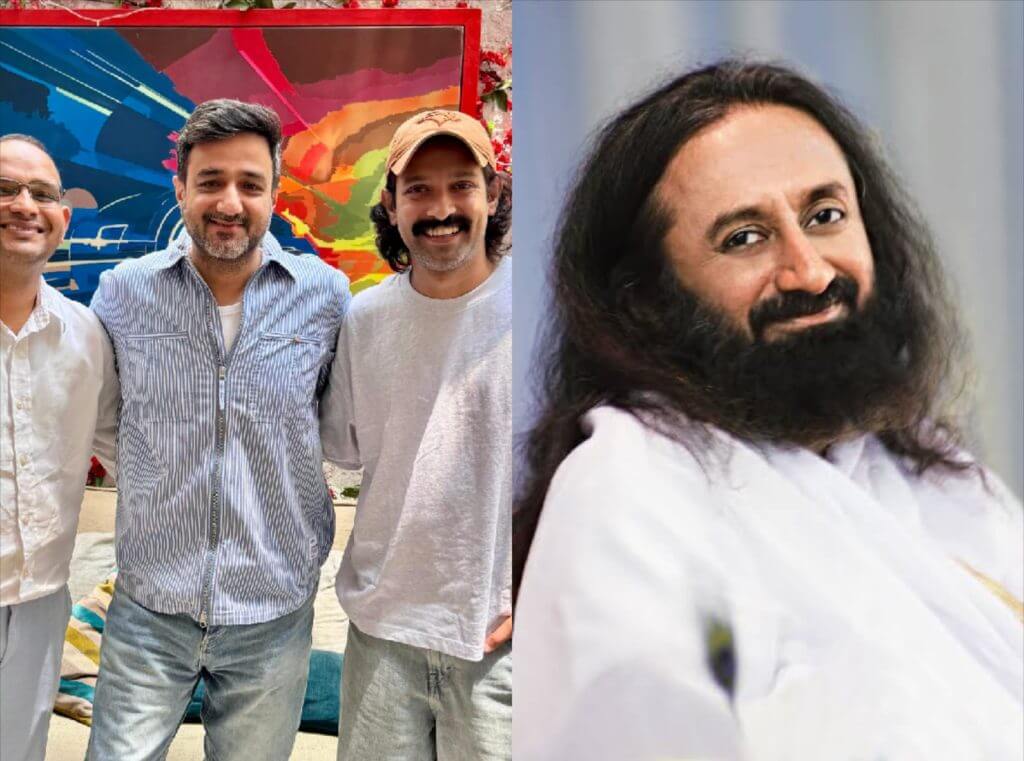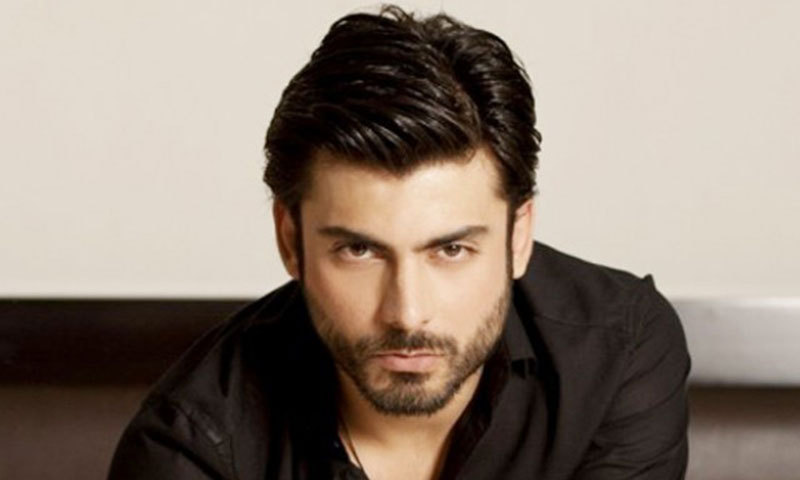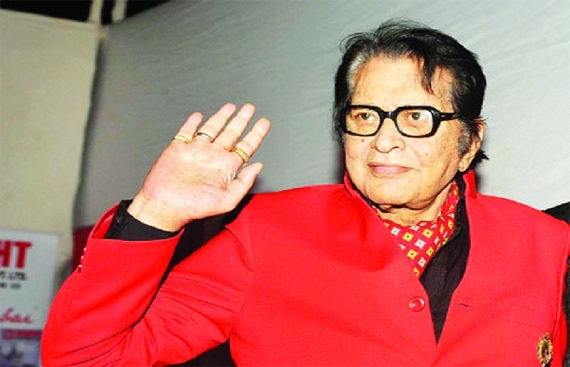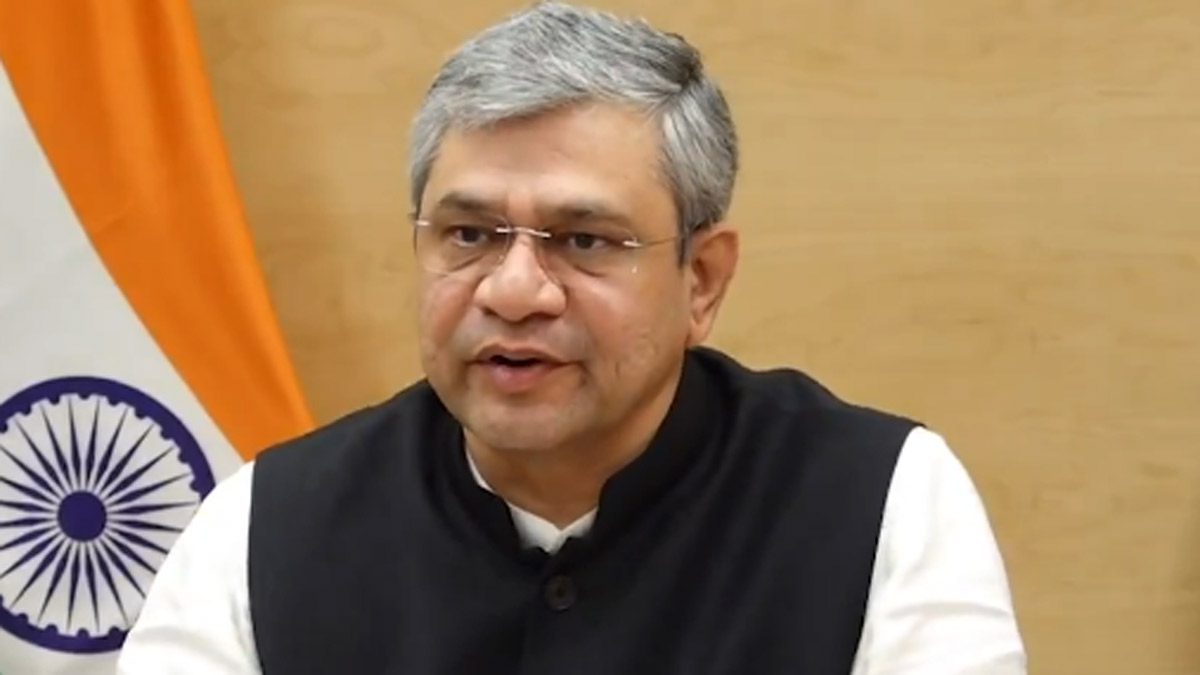Godfather of French New Wave cinema, Jean-Luc Godard passes away at 91
Tue 13 Sep 2022, 21:40:41
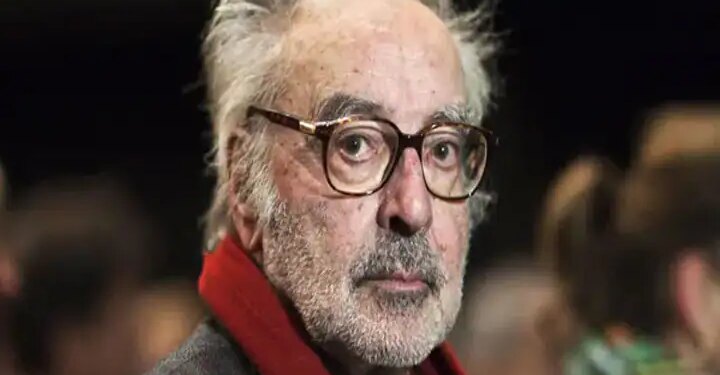
Film director Jean-Luc Godard, the godfather of France's New Wave cinema, died on September 13 aged 91, French newspaper Liberation said, citing people close to the Franco-Swiss director.
Godard was among the world's most acclaimed directors, known for classics such as "Breathless" and "Contempt", which pushed cinematic boundaries and inspired iconoclastic directors decades after his 1960s heyday.
His movies broke with the established conventions of French cinema and helped kickstart a new way of filmmaking, complete with handheld camera work, jump cuts and existential dialogue.
For many movie buffs, no praise is high enough: Godard, with his tousled black hair and heavy-rimmed glasses, was a veritable revolutionary who made artists of movie-makers, putting them on a par
with master painters and icons of literature.
with master painters and icons of literature.
“It’s not where you take things from - it’s where you take them to,” Godard once said.
Godard was not alone in creating France’s New Wave (Nouvelle Vague), a credit he shares with at least a dozen peers including Francois Truffaut and Eric Rohmer, most of them pals from the trendy, bohemian Left Bank of Paris in the late 1950s.
However, he became the poster child of the movement, which spawned offshoots in Japan, Hollywood and, more improbably, in what was then Communist-ruled Czechoslovakia as well as in Brazil.
“We owe him a lot,” former French culture minister Jack Lang wrote in an emailed statement. “He filled cinema with poetry and philosophy. His sharp and unique eye made us see the imperceptible.”
No Comments For This Post, Be first to write a Comment.
Most viewed from Film & TV
Most viewed from Entertainment
AIMIM News
Latest Urdu News
Most Viewed
May 26, 2020
Do you think Canada-India relations will improve under New PM Mark Carney?
Latest Videos View All
Like Us
Home
About Us
Advertise With Us
All Polls
Epaper Archives
Privacy Policy
Contact Us
Download Etemaad App
© 2025 Etemaad Daily News, All Rights Reserved.



